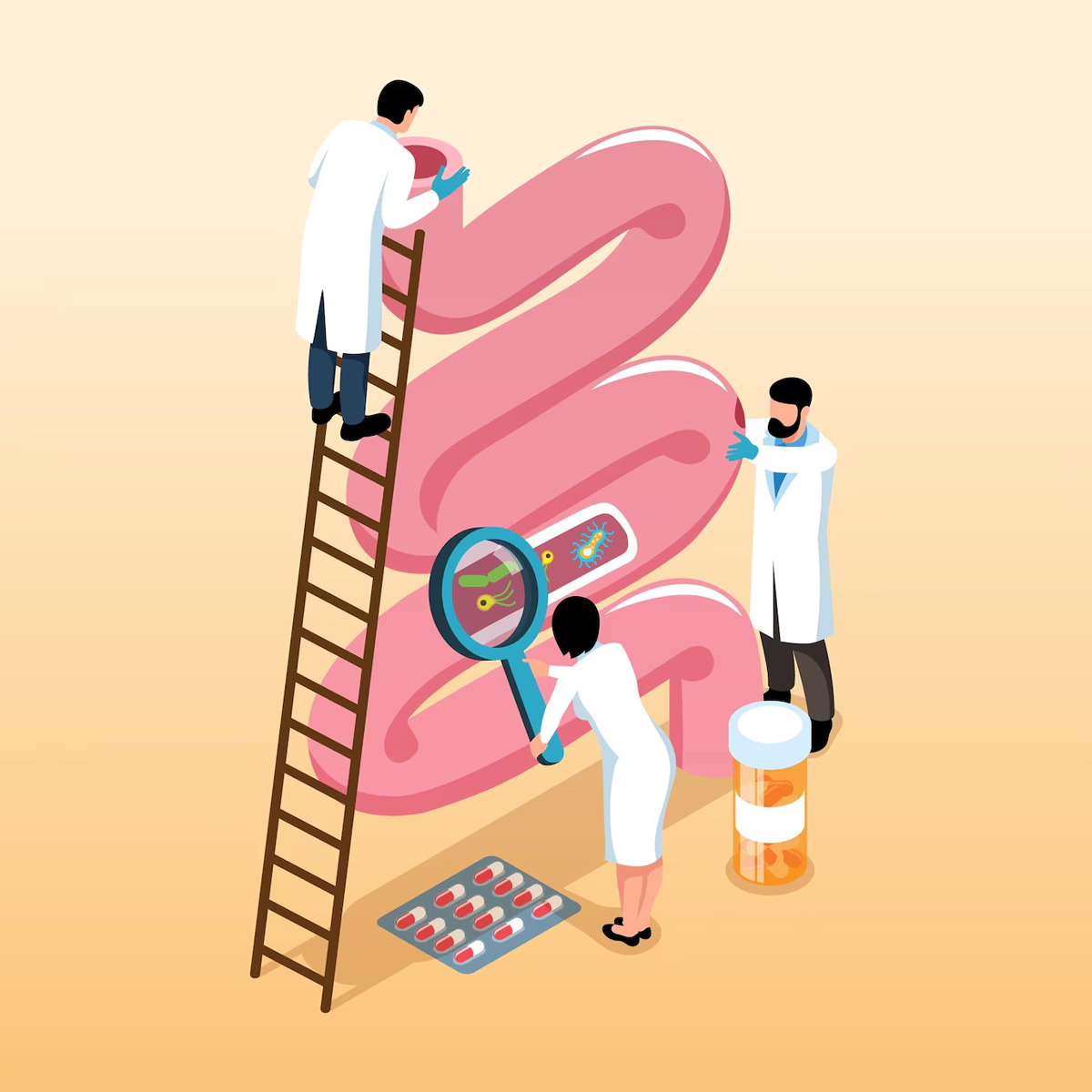
Colon cancer ranks as the fourth most common cancer affecting both men and women, according to the American Cancer Society. While it is more frequently diagnosed in individuals over the age of 50, recent trends show a concerning rise in cases among younger adults, including women.
Colon cancer, which is also known as colorectal cancer, ranks as the third most common type of cancer in women worldwide. Despite its prevalence, it often goes undetected in women because its early symptoms are either too subtle or are mistaken for other routine health problems. We got in touch with Dr Raman Narang, Senior Consultant, Medical & Haematology Oncology, Andromeda Cancer Hospital, Sonipat, to get more information on the same.
Colorectal cancer begins in the colon or rectum and usually starts with small growths called polyps. While these growths are initially harmless, they can gradually become cancerous over time. Although both men and women are susceptible to developing polyps, there are certain risk factors that are specific to women.

According to Dr Raman Narang, hormonal shifts following menopause, a past history of gynecological cancers (such as ovarian or uterine cancer), a sedentary lifestyle, and poor dietary habits may heighten the chances of colon cancer in women. The risk is particularly significant for women over the age of 50.
Don't Miss: Sexual Wellness Retreats In India: What Are They And Are They Worth It?
One of the major challenges in diagnosing colon cancer in women is that its symptoms often resemble other gastrointestinal or menstrual issues. Dr Narang said, “As a result, many women delay seeking medical help.” Dr Narang suggested, if you notice any of the following symptoms persisting, it’s advisable to consult a doctor:

Timely detection remains one of the most effective strategies to combat colon cancer. Dr Narang told us that screenings like colonoscopies can spot and remove polyps before they become cancerous. Current guidelines suggest that individuals at average risk should start regular screenings from the age of 45. “However, if there’s a family history of colon cancer or other risk factors, screenings may need to start earlier, something women should actively discuss with their healthcare providers,” said Dr Narang.
While there’s no guaranteed way to prevent colon cancer, adopting certain habits can significantly cut your risk:
Colon cancer is not gender-specific. Women, especially those in their post-menopausal years, face just as much risk as men. The good news is that with early detection, colon cancer is often highly treatable.
As Dr Raman Narang puts it, the first step to prevention is awareness. Let’s challenge outdated assumptions and ensure that colon cancer becomes a part of every woman’s health checklist.
Keep reading Herzindagi for more such stories.
Credits: Freepik
Our aim is to provide accurate, safe and expert verified information through our articles and social media handles. The remedies, advice and tips mentioned here are for general information only. Please consult your expert before trying any kind of health, beauty, life hacks or astrology related tips. For any feedback or complaint, contact us at compliant_gro@jagrannewmedia.com.